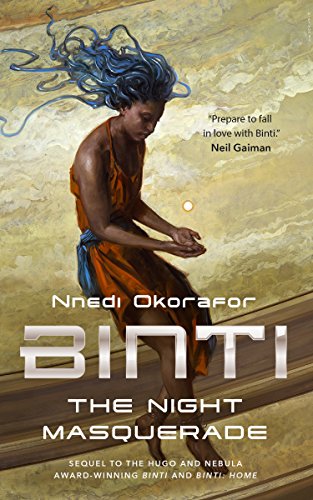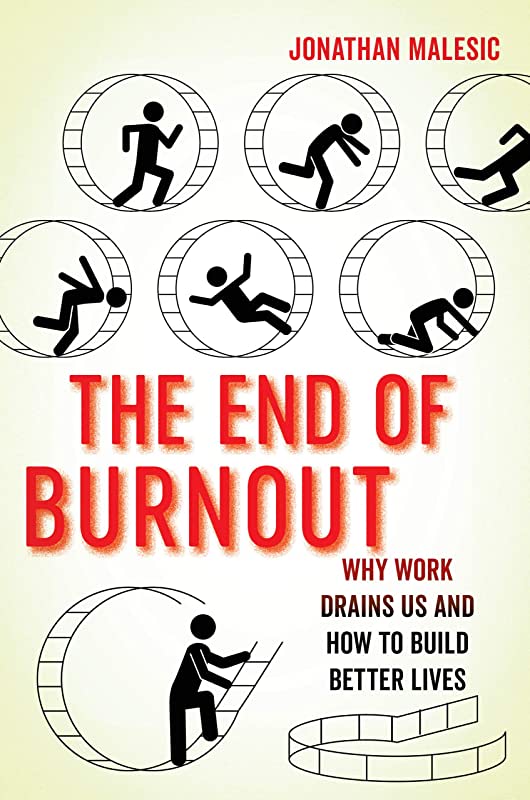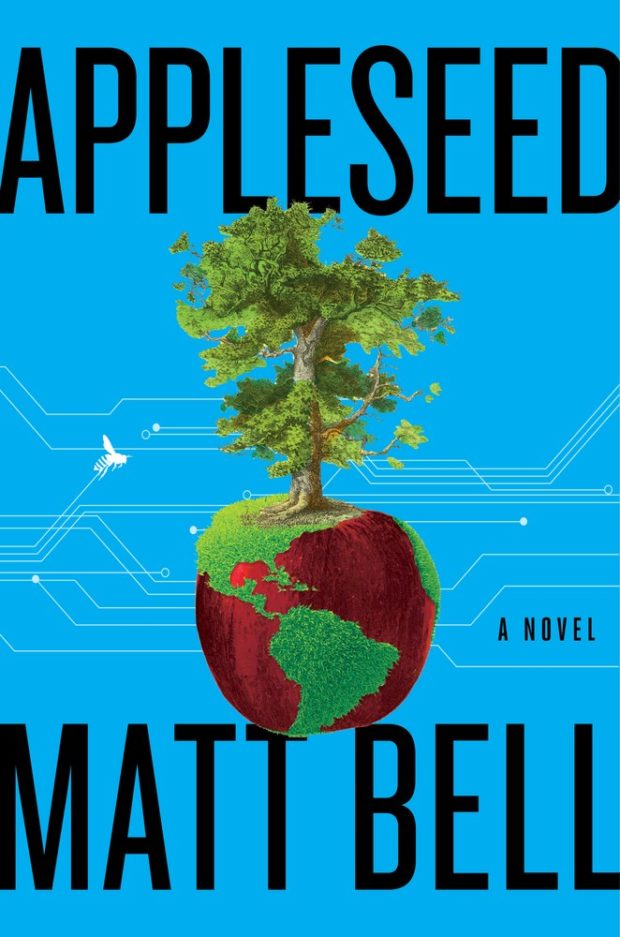In The End of Burnout: Why Work Drains Us and How to Build Better Lives, Jonathan Malesic argues that burnout is a cultural phenomenon, not an individual one. Relying heavily on Christina Maslach’s definition of burnout, as well as her psychological instrument for measuring it, Malesic explores the history of burnout as a diagnosis, the cultural impulses that create and foster burnout, and ways we as a society can move away from it.
The first half of the book is dedicated to defining and delineating burnout as a concept and an experience. Briefly, burnout is caused by the gap between our ideals about work and the actual experience of work. For many people, work has been offered as a path toward self-actualization; but combined with deteriorating working conditions, the persistence of the Protestant work ethic, the idea of work as “a calling,” and the pull to always be mentally on-the-clock, work becomes a perfect recipe for burnout. It completely subsumes the self. “Work occupies not only our time by our psyches, too. We have no way to understand ourselves, and now way to express our humanity, except through our jobs. Even before we burn out, we lose much of our identity and our ability to live a good life.” (p. 132)
Malesic shows burnout to be a spectrum. He differentiates between those experiencing burnout without being “burned out” (i.e., they are still doing their job) and being fully burned out and incapable of work. The second half of the book explores remedies and introduces people who have found ways to escape the burnout cycle (spoiler: work less and stop rooting your self worth in your job).
It’s been a while since I read a non-fiction book with so much enthusiasm. And while I’m sure much of its appeal was due to my own feelings of burnout, I would recommend this book to anyone interested in refining their understanding of the “burnout epidemic.”


